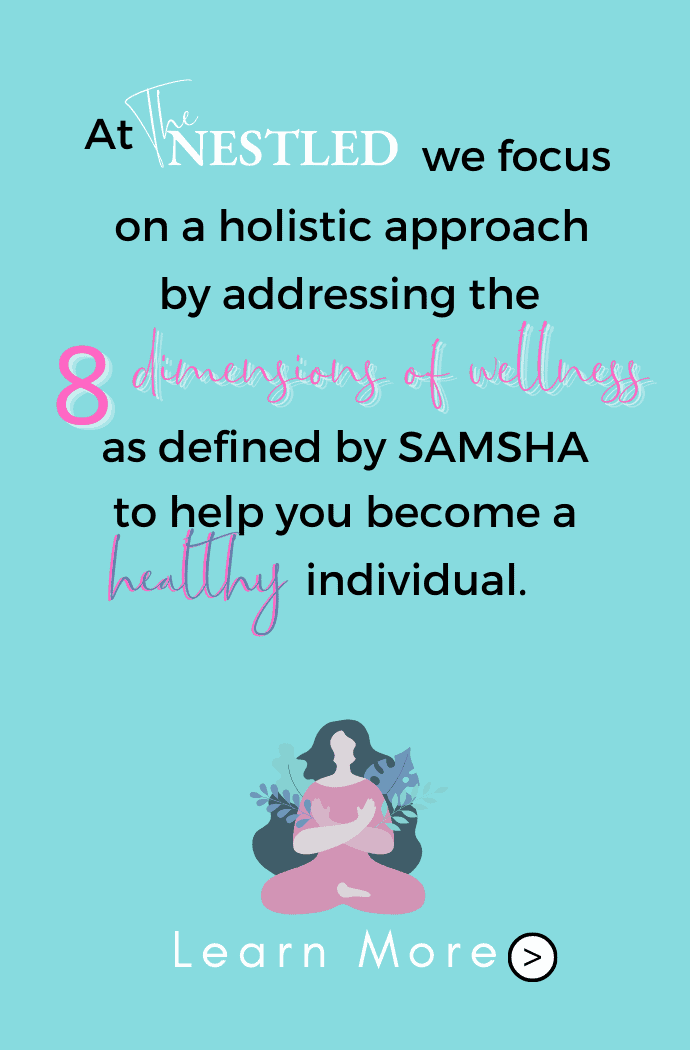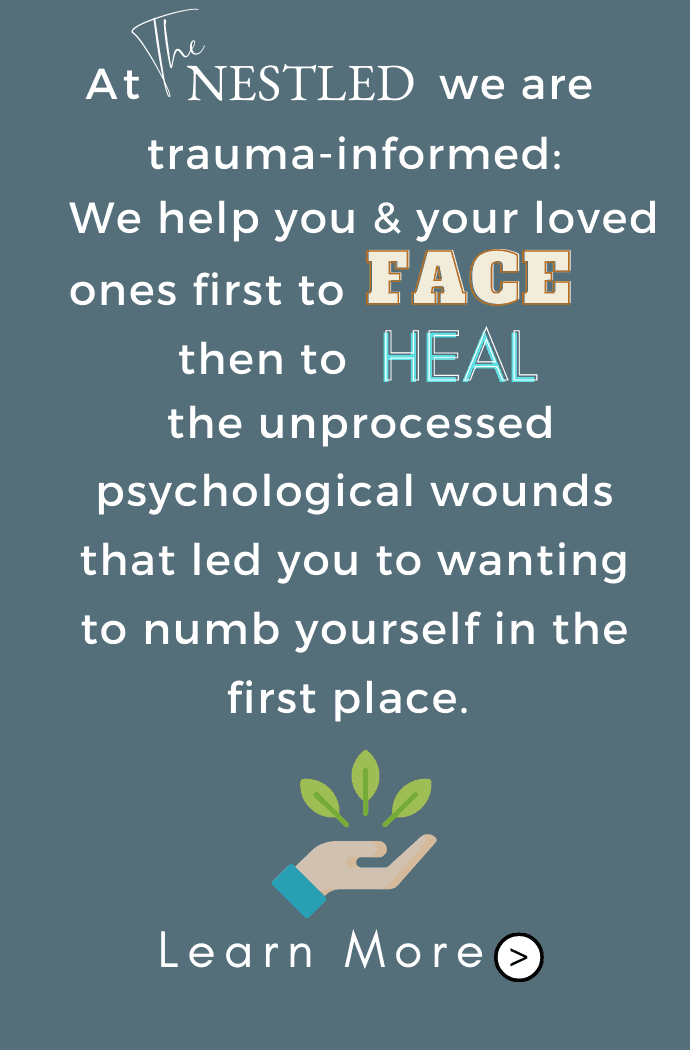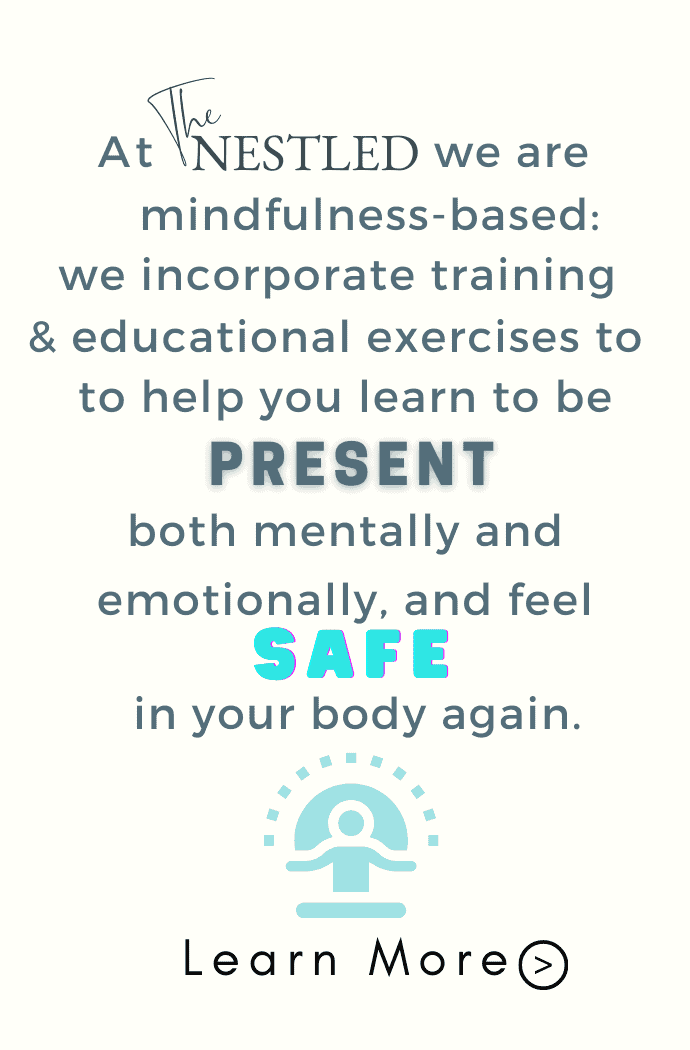In recent years, a substance known as Kratom has been making headlines, often touted as a natural remedy for various ailments. However, there is a side to Kratom that is less talked about but critically important to understand, especially for individuals who find themselves struggling with Kratom addiction or those who are concerned about a loved one. Kratom, while derived from a plant, is not without its risks and potential for addiction. In this article, we aim to shed light on Kratom, its effects, and the importance of being informed about substances that may impact one’s journey to recovery.
Whether you are personally affected or seeking to support someone in your life, knowledge is a powerful tool in addressing the challenges that Kratom can pose. At The Nestled in Las Vegas, we believe in empowering individuals with the information and resources they need to make informed decisions about their health and well-being. Let’s delve into the world of Kratom and explore what it means for those on the path to recovery.
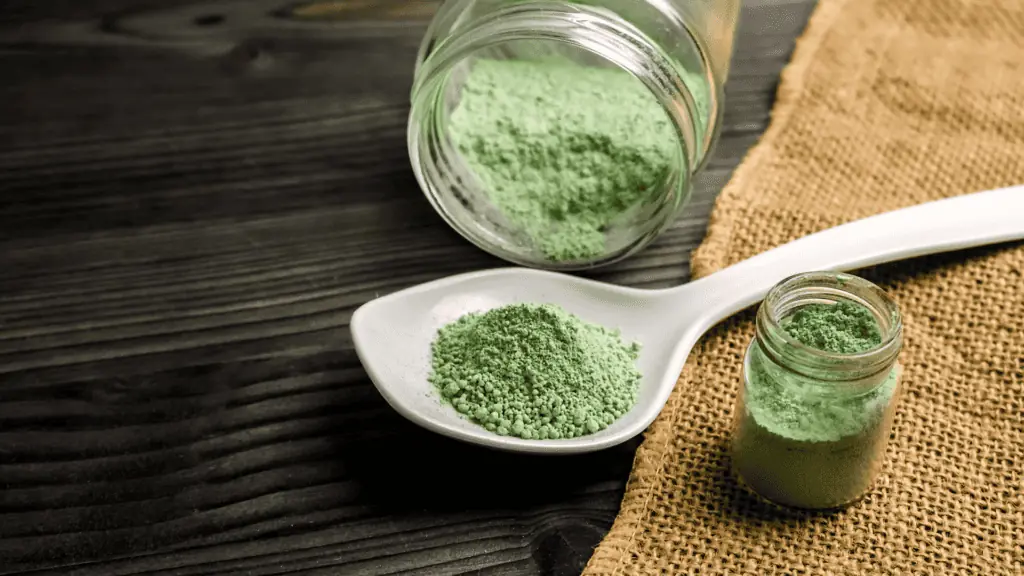
What Is Kratom?
Kratom, scientifically known as Mitragyna speciosa, is a tropical tree native to Southeast Asia, primarily in countries like Thailand, Indonesia, and Malaysia. The leaves of this tree have been used for centuries in traditional medicine, but in recent times, they have found their way into Western markets, often marketed as a natural remedy or supplement.
The Kratom Tree and Its Leaves
The Kratom tree belongs to the coffee family and thrives in tropical climates. Its leaves are the primary source of the substances that have made Kratom popular. These leaves can be consumed in various forms, including as a powder, in capsules, or brewed as tea. Some people also chew the raw leaves.
Active Compounds in Kratom
Kratom leaves contain several active compounds, but the most notable are mitragynine and 7-hydroxymitragynine. These compounds interact with opioid receptors in the brain, which is why Kratom can have pain-relieving effects. However, this interaction with opioid receptors is also what makes Kratom potentially addictive.
Different Strains and Colors of Kratom Leaves
Kratom leaves come in different strains and colors, which are often used to market the product in various forms. The colors – red, green, and white – refer to the color of the veins in the leaves. Some believe that different colors and strains have different effects, but it’s important to note that such claims are often not backed by scientific evidence.
As we delve further into the effects and risks associated with Kratom, it is crucial to recognize that, despite being a natural substance, Kratom has the potential for abuse and addiction. In the following sections, we will explore the rise of Kratom use, its effects, and the importance of seeking help for Kratom addiction.
The Rise of Kratom Use
Kratom has been used for centuries in Southeast Asia, but its surge in popularity in the Western world is relatively recent. This rise can be attributed to various factors, including marketing strategies that often portray Kratom as a natural and safe alternative to conventional medicine.
How Kratom Gained Popularity in the Western World
In the early 2000s, Kratom started to gain attention in the United States and other Western countries. Its popularity grew through internet forums, where users shared their experiences. Online vendors began selling Kratom, often marketing it as a natural remedy for pain, anxiety, and depression. The ease of access through online platforms contributed significantly to its spread.
The Marketing of Kratom as a “Natural” Alternative
One of the key selling points for Kratom has been its natural origin. Many vendors and proponents of Kratom emphasize that it is a plant-based substance, which they suggest makes it a safer alternative to prescription medications. However, it is essential to understand that just because something is natural does not necessarily make it safe.
The Reality Behind the “Natural” Label
While Kratom is derived from a plant, its effects on the human body can be complex and potentially harmful. The active compounds in Kratom interact with opioid receptors in the brain, similar to opioids like morphine. This interaction can lead to dependence and addiction. Additionally, the lack of regulation means that Kratom products can vary in potency and purity, sometimes containing contaminants or other drugs.
In this context, it is crucial for individuals, especially those in recovery or struggling with addiction, to approach Kratom with caution. The portrayal of Kratom as a harmless natural remedy can be misleading, and understanding the substance’s true nature is vital in making informed decisions regarding its use.

The Effects of Kratom
Kratom’s effects can vary depending on the dosage, the strain, and individual factors. While some users report feeling relief from pain or anxiety, Kratom can also have adverse effects, especially with prolonged use. Understanding these effects is crucial for those struggling with addiction or in recovery.
Short-term Effects
In small doses, Kratom often acts as a stimulant, with users reporting increased energy, alertness, and sociability. However, in larger doses, it can have sedative effects, similar to opioids. Some of the short-term effects include:
- Euphoria
- Increased energy and focus
- Pain relief
- Drowsiness
- Reduced anxiety
Long-term Effects
Prolonged use of Kratom can lead to a range of adverse effects, including:
- Weight loss
- Insomnia
- Fatigue
- Constipation
- Darkening of the skin
- Loss of appetite
The Potential for Kratom Addiction and Dependence
As mentioned earlier, the active compounds in Kratom interact with opioid receptors in the brain. This interaction can lead to physical dependence, where the body adapts to the drug and requires it to function normally. Additionally, users may develop a psychological addiction, craving the drug and its effects. Withdrawal symptoms can occur when usage is reduced or stopped, including:
- Muscle aches
- Insomnia
- Irritability
- Aggression
- Emotional changes
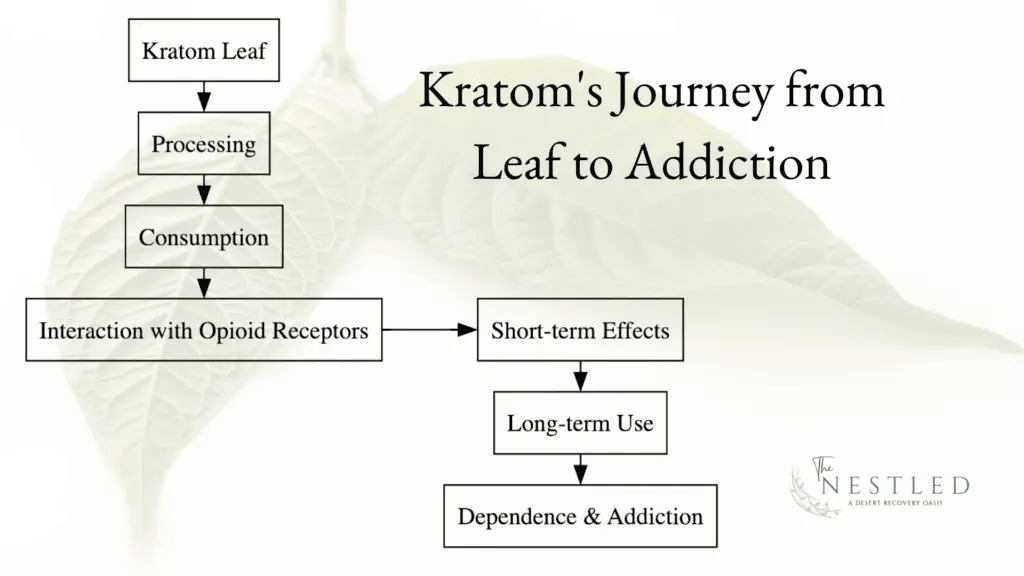
The Risks and Dangers
While Kratom is often marketed as a natural alternative for managing pain and anxiety, it is essential to recognize the risks and dangers associated with its use. This is particularly important for individuals who are in recovery or struggling with addiction, as Kratom can have a significant impact on one’s mental and physical health.
Health Risks Associated with Kratom Use
Kratom’s interaction with opioid receptors can lead to a range of health risks, including:
- Respiratory depression
- Increased heart rate and blood pressure
- Liver toxicity
- Seizures
- Increased risk of mental health disorders such as depression and anxiety
The Impact on Mental Health and Well-being
Kratom can have a profound effect on mental health. While some users report temporary relief from anxiety or depression, others experience worsening symptoms over time. Dependence on Kratom can also lead to social isolation, financial problems, and difficulties in relationships, further exacerbating mental health issues.
The Dangers of Mixing Kratom with Other Substances
Combining Kratom with other substances, especially opioids, alcohol, or sedatives, can be extremely dangerous. This combination can lead to respiratory depression, where breathing becomes shallow or stops altogether, which can be fatal.
Legal Status and Concerns
The legal status of Kratom varies by country and even within regions in the United States. Some places have banned or regulated Kratom due to concerns about its safety and potential for abuse. The lack of regulation in areas where it is legal raises concerns about the purity and consistency of Kratom products.
The risks and dangers associated with Kratom use are significant, especially for individuals struggling with addiction or in recovery. It is crucial to approach Kratom with caution and to be informed about its effects on mental and physical health. If you or someone you know is using Kratom and experiencing adverse effects, it is important to seek help and support.
Seeking Help for Kratom Addiction
Recognizing and acknowledging Kratom addiction is the first step towards recovery. It is essential to understand that addiction to Kratom is a serious issue that requires professional help. In this section, we will discuss how to recognize the signs of Kratom addiction and the importance of seeking treatment.
Recognizing the Signs of Kratom Addiction
Some signs that may indicate a person is struggling with Kratom addiction include:
- Increased tolerance, needing more Kratom to achieve the desired effects
- Experiencing withdrawal symptoms when not using Kratom
- Using Kratom despite negative consequences on health, relationships, or finances
- Inability to cut down or control Kratom use
- Spending a significant amount of time obtaining, using, or recovering from Kratom
The Importance of Professional Help
Kratom addiction, like any substance addiction, can be challenging to overcome alone. Professional help can provide the support, resources, and treatment necessary to address the underlying issues associated with addiction and to develop strategies for managing cravings and avoiding relapse.
Treatment Options Available at The Nestled in Las Vegas
At The Nestled in Las Vegas, we offer a range of treatment options for individuals struggling with Kratom addiction. These include:
- Medical Detox: To manage and alleviate withdrawal symptoms.
- Individual Counseling: To address underlying psychological issues and develop coping strategies.
- Group Therapy: To build a support system and learn from the experiences of others in recovery.
- Family Therapy: To involve loved ones in the recovery process.
- Aftercare Planning: To prepare for life after treatment and reduce the risk of relapse.
Supporting a Loved One Struggling with Kratom
When a loved one is struggling with Kratom addiction, it can be challenging to know how to help. Supporting someone through addiction is a delicate process that requires understanding, compassion, and encouragement for them to seek professional help.
How to Approach a Loved One About Their Kratom Use
- Educate Yourself: Before approaching a loved one, educate yourself about Kratom and its effects. This will help you understand what they might be going through.
- Choose the Right Time and Place: Find a calm and private setting to talk, and choose a time when both of you are not stressed or rushed.
- Express Concern: Use “I” statements to express your concern and how their Kratom use affects you and others around them.
- Avoid Judgment: It’s important to remain non-judgmental and avoid making them feel guilty or ashamed.
The Importance of Support in Recovery
- Encouragement: Encourage your loved one to seek professional help. Offer to assist them in finding treatment options.
- Be Patient: Recovery is a process that takes time. Be patient and understand that there may be setbacks.
- Stay Involved: Attend family therapy sessions if possible, and stay involved in their recovery process.

Taking Control: The Path Away from Kratom
Kratom, a substance often surrounded by misinformation and misconceptions, poses significant risks, especially for individuals struggling with addiction or in recovery. As we have explored in this article, Kratom’s interaction with opioid receptors can lead to dependence and addiction, with a range of adverse effects on physical and mental health. It is imperative for individuals and their loved ones to approach Kratom with caution and to be informed about its true nature.
If you or someone you care about is struggling with Kratom addiction, it is crucial to recognize that professional help is available. Addiction is a complex issue, but with the right support, treatment, and determination, recovery is attainable.
Begin Your Journey to Recovery with The Nestled in Las Vegas
At The Nestled in Las Vegas, we are committed to providing comprehensive care for individuals battling Kratom addiction. Our team of dedicated professionals is here to guide you or your loved one through each step of the recovery process, offering the tools and support necessary for a healthier, substance-free life.
Reach out to The Nestled in Las Vegas now to learn more about our treatment options and how we can help you or your loved one overcome Kratom addiction. Your journey to recovery and a healthier life starts with a single step. Take that step today and contact The Nestled.
-
What is Kratom and where does it come from?
Kratom is a tropical tree (Mitragyna speciosa) native to Southeast Asia. The leaves of the Kratom tree contain compounds that have psychoactive properties. These leaves are often processed into pills, capsules, powders, or used to make tea. Kratom has been traditionally used in some cultures for its medicinal properties, but it can also have mind-altering effects.
-
Is Kratom legal in the United States?
The legality of Kratom varies in the United States and is subject to change. As of the writing of this article, Kratom is legal at the federal level but banned in some states and municipalities. It’s important to check the current legal status of Kratom in your area before obtaining or using it.
-
Can Kratom be addictive?
Yes, Kratom can be addictive. The compounds in Kratom interact with opioid receptors in the brain, which can lead to dependence and addiction. Individuals who use Kratom regularly may experience withdrawal symptoms when they try to stop.
-
What are the health risks associated with Kratom use?
Kratom use can lead to a range of health risks including respiratory depression, increased heart rate and blood pressure, liver toxicity, seizures, and an increased risk of mental health disorders such as depression and anxiety. Combining Kratom with other substances, especially opioids, alcohol, or sedatives, can be extremely dangerous.
-
How can someone get help for Kratom addiction?
If you or someone you know is struggling with Kratom addiction, it’s important to seek professional help. Addiction treatment centers, like The Nestled in Las Vegas, offer various treatment options including medical detox, counseling, and therapy. It’s also important to talk to a healthcare provider for guidance and support in finding the right treatment program.
Sources:
Swogger, M. T., & Walsh, Z. (2022). Kratom Use and Mental Health: A Systematic Review. Current Addiction Reports. https://doi.org/10.1007/s40429-022-00464-1
Boggs, C. L., Slavova, S., & Bunn, T. L. (2021). Kratom-Associated Fatalities in Northern Kentucky: A Case Series of 11 Deaths. The American Journal of Forensic Medicine and Pathology, 42(4), 281-286.



